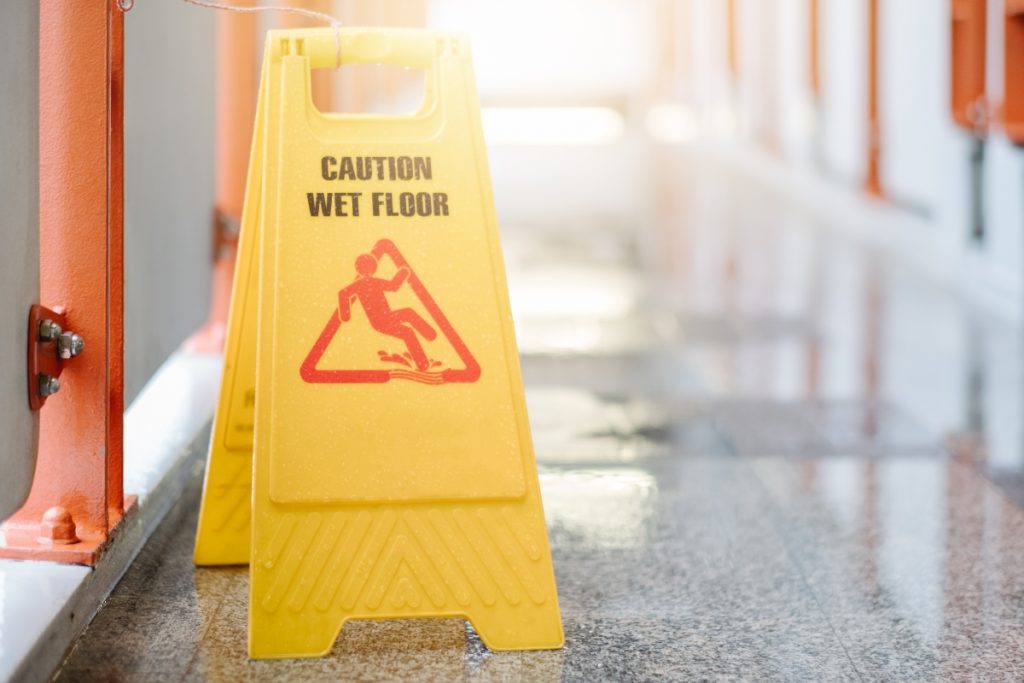As a business owner, or self employed consultant, you will have heard about or been recommended to arrange professional indemnity insurance. Many businesses are often unsure of what it means and the protection it provides, or, mix it up with liability insurance. That’s why we’ve put together a simple guide to explain its purpose, how it covers your business and how to arrange it.
What is Professional Indemnity insurance?
It protects your business from financial and in some cases, reputation-damaging claims brought on by unhappy customers. In today’s world, even the most highly-reputed companies will have claims made against them over the slightest error. People are more inclined to do something about an issue if compensation is involved.
Below are the main areas where such claims could be made against your business:
- Negligence – often referred to breach of duty or care
- Intellectual Property – this covers infringements on others’ copyrights, trademarks and other rights
- Loss Of Documents or Data – where client items are lost, damaged or stolen.

Who needs Professional Indemnity Insurance?
Any business or person who works in the service, consultancy industry or gives professional advice, are legally held accountable to the general standards of your specialised field of work. Having a tailor-made insurance solution is helpful, whether you’re an accountant, web designer or self employed paralegal consultant.
How much is insurance for a sole trader?
As a sole trader, you and your business are one entity. If something were to go wrong with the advice you gave, then your personal assets, such as your home, could be exposed if things went drastically wrong.
Depending on the profession you are in, prices can start as low as a few hundred pounds.
And the premium is usually calculated on the revenue earned by the firm or self employed consultant.
What is the difference between public liability insurance and professional indemnity insurance?
A lot of people sometimes mix up Public Liability with Professional Indemnity Insurance.
Public liability insurance covers damage, illness and injury of your client, suppliers or another member of the public. An example of this would be injury to a member of the public or damage to third party property.

Professional Indemnity insurance, on the other hand, focuses on negligence and professional errors.
Sometimes the two could, and should, be bought together under one insurance policy especially if you do site visits eg., a building surveyor.
What you should know about Professional Indemnity Insurance…
There is one fundamental difference between Professional Indemnity Insurance and other types such as public liability which you must be aware of.
The former is made on a ‘claims made’ basis which means that if a claim is made against you, it is the policy that you currently have that will deal with it.
An example: Let’s assume you gave professional advice on a project in 2018 which has now finished. If your client notifies you in 2020 that you made an error, it will not be the insurance policy of 2018 that will deal with the claim but the one you currently have in force.
So what is important here is that if you finished the project a while back, you still need to have professional indemnity insurance in place, generally for 6 years, to cover you for this type of eventuality. You can buy a 6 year insurance policy and this is called ‘run off’ insurance.
What level of cover should be arranged?
Each business is unique, so the level of cover will be tailored to suit your insurance needs. It is advisable to purchase at least £1 million but could be more. Some contracts you enter into may require you to have a minimum level such as £2 million or more. For instance, if you have been contracted to work for the government, they require you to have at least £5million worth of cover.
It is our view that you should seek always advice when purchasing this type of insurance especially if you’re thinking to buy it online.
To find out more about our professional indemnity insurance products or if you require any further assistance, Contact Us on 0207 731 3700. Alternatively, email us.

